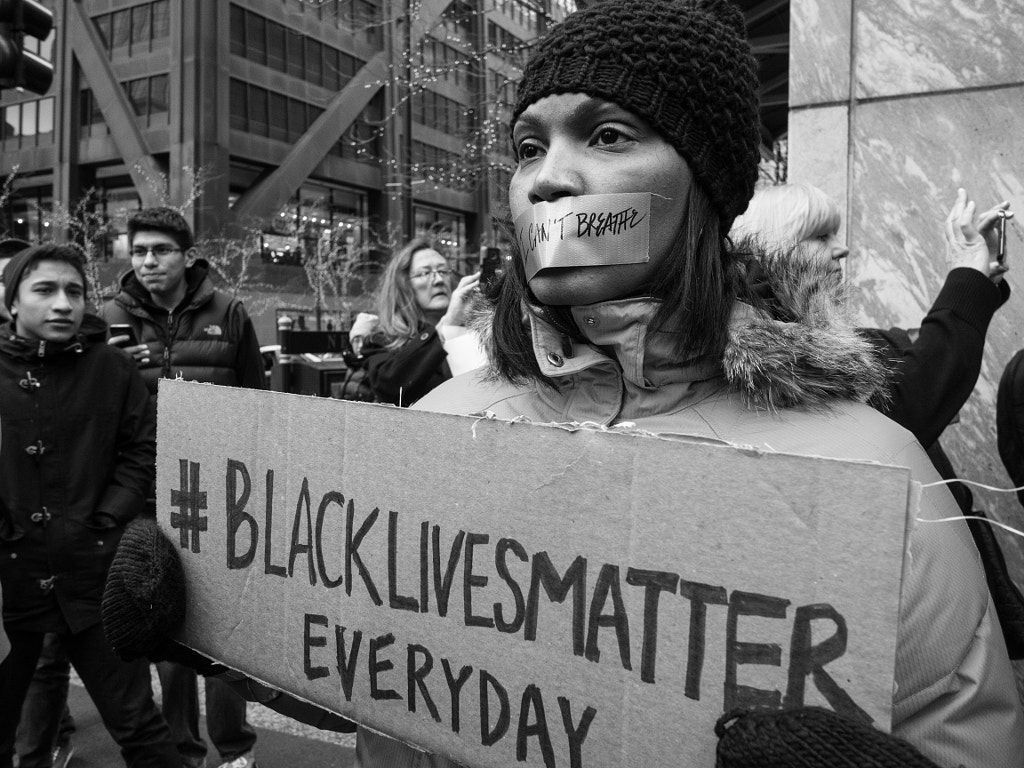

San Francisco city legislators have proposed a resolution that calls for reparations to be paid to black Americans to address the long-standing effects of slavery and systemic racism. The resolution, which was introduced in February 2021, is part of a broader national conversation about reparations and whether they are necessary to address the enduring effects of centuries of racial injustice.
The idea of reparations for black Americans is not new. It has been discussed for decades, and a number of studies have been conducted on the subject. However, the movement gained renewed momentum in the wake of the Black Lives Matter protests in the summer of 2020, which drew attention to the ongoing issue of police brutality and systemic racism in America.
The San Francisco resolution specifically calls on the federal government to establish a commission to study and develop reparation proposals for black Americans. The resolution also calls on Congress to pass HR 40, a bill that would establish a national commission to study reparations and make recommendations to Congress.
Proponents of reparations argue that they are necessary to address the lasting effects of slavery and racism on black Americans. These effects include the wealth gap between black and white Americans, which is due in part to centuries of economic exploitation and discrimination. Reparations, they argue, would help to close this gap and provide black Americans with greater economic opportunity and security.
Opponents of reparations, on the other hand, argue that they are unnecessary and divisive. They point to the fact that slavery was abolished over 150 years ago and argue that reparations would be unfair to white Americans who had no involvement in slavery. Some also argue that reparations could create a culture of victimhood and perpetuate racial divisions.
Despite these arguments, there is growing support for the idea of reparations among the American public. A recent poll found that a majority of Americans (58%) support reparations for black Americans, while only 32% oppose them.
While the San Francisco resolution is only a small step towards reparations, it represents a growing recognition of the need to address the enduring effects of slavery and racism in America. Whether or not reparations will ever become a reality remains to be seen, but the conversation surrounding the issue is an important one that will continue to shape the national dialogue around racial justice and equality.